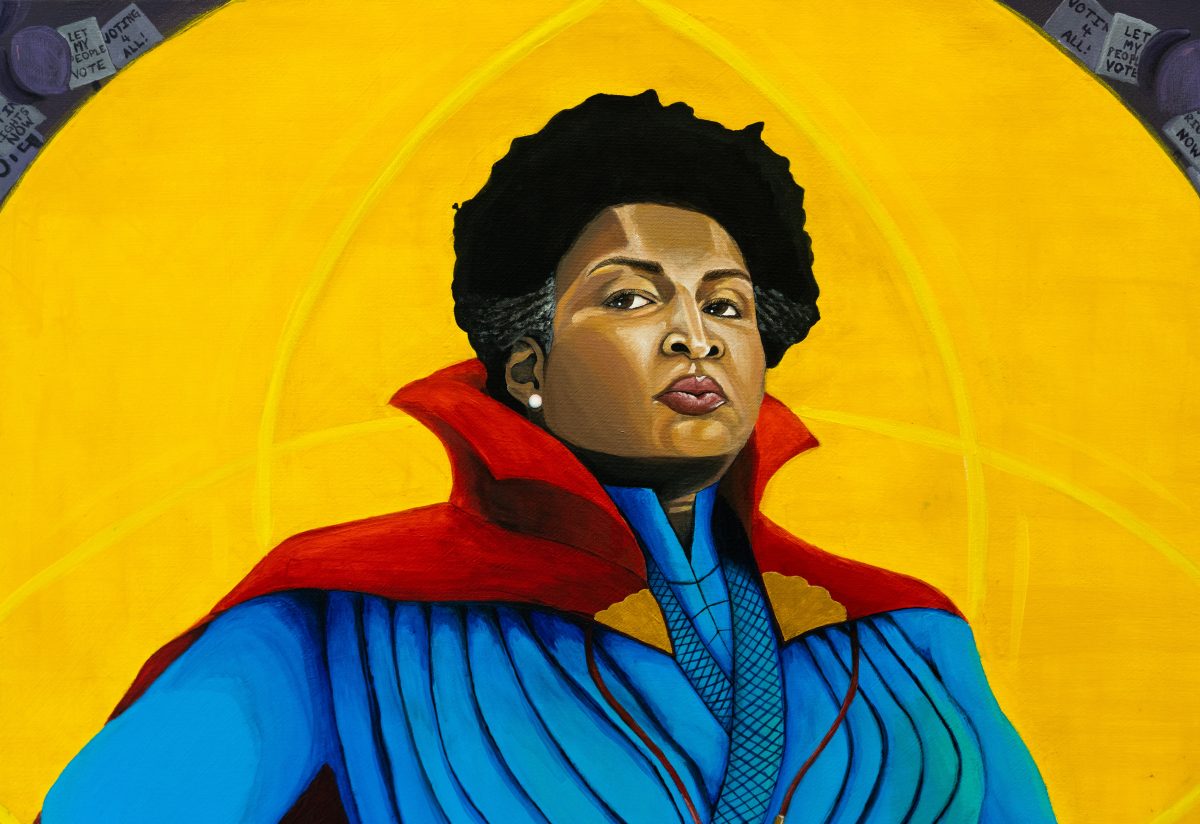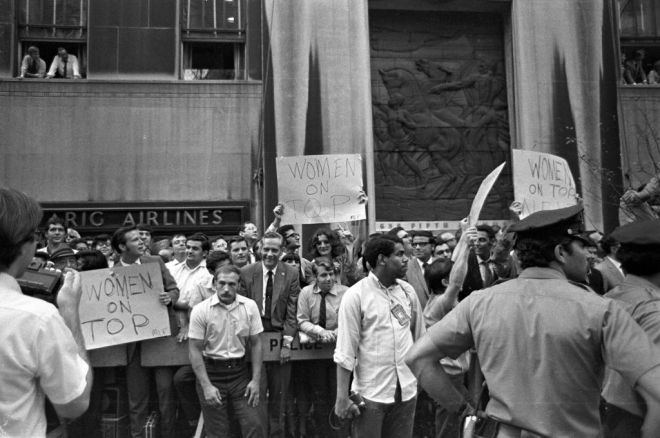
Anneke Mitchell
Last month’s election was undoubtedly marked by Black women chasing political history. Black female politicians such as Stacey Abrams, Val Demings, Yolanda Flowers and Deidre DeJear aimed higher this season to fill political spaces predominately occupied by their white and male counterparts.
Nearly a month ago when I covered the three Black women running for Governor, I stood on the conviction that America could do a lot better if they chose to elect more Black women. However, election day results were nothing short of disappointing.
In a bittersweet nature, it reminds me of history. The history of America is one including Black women leading strategic forward movements, but it is also the history of political underrepresentation among Black women.
The Abolitionist Movement and Women’s Suffrage Rights (1830–1964)

Source: Bob Parent / Getty
“The world can not move ahead without woman’s sharing in the movement, and to help give a right impetus to that movement is woman’s highest privilege.”— Frances Harper
“African rights and liberty is a subject that ought to fire the breast of every free man of color in these United States, and excite in his bosom a lively, deep, decided and heart-felt interest.”— Maria Stewart
“I am glad to see that men are getting their rights, but I want women to get theirs, and while the water is stirring, I will step into the pool.”— Sojourner Truth
Historically, Black women demonstrated immense involvement and were prime leaders in socio-political movements as early as the American Civil war. During this period, many political movements were led by Black women abolitionists such as Frances Harper, Maria Stewart, and Sojourner Truth, who were simultaneously fighting for women’s rights and the abolishment of slavery.
Though the abolitionist movement began as a fixed, organized effort to end slavery, the cause eventually became a political issue leaving America divided and up to constant debate. While early abolitionists were white, most of the prominent leaders were Black women who had escaped from bondage.
In addition to Harper, Stewart and Truth, Black women such as Mary Church Terrell, Harriet Tubman, and Mary Ann Cary had also realized the power of political rights. However, still felt sidelined by their Black male and white female counterparts during the abolition movement, who felt they did not consider the plights unique to Black women, such as voting rights.
Though women were nearing the right to vote, many women of color, — specifically Black women, still ran into obstacles due to racism, sexism and classism. Obstacles included proving the Constitution’s competence, threatening physical violence and trumping false charges. And though Black women helped advocate for all women’s voting rights, such obstacles remained for Black women after women’s right to vote was enacted in 1920.
The brutal treatment of Black women advocating for equitable rights was of major concern to Frances Harper, who utilized her expertise as a teacher and writer to help found the National Association of Colored Women in 1896 and the American Woman Suffrage Association in 1873, in the same space where Maria Stewart was becoming the earliest known Black woman to lead public lectures, and the first Black woman to write and publish a political manifesto on women’s rights and anti-slavery, in such a manner that influenced other Black women to demand equal human rights, just as Sojourner Truth did during her most iconic speech, “Aint I a Woman?”
With a strong desire for progressive causes, Black women harnessed the power to create equitable political spaces such as implementing community-based programs and holding leadership positions, all while fighting against racism and misogynoir.
RELATED CONTENT: PSALMS FOR BLACK GIRLS: Justice Ketanji Jackson And The Myth That Black Women Ain’t Magic









